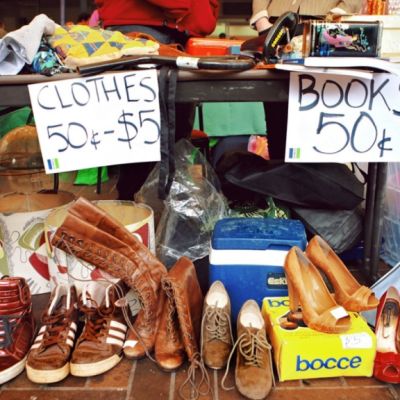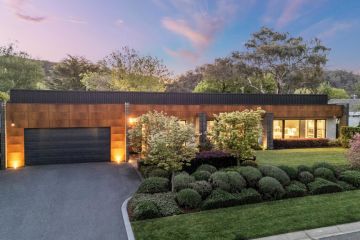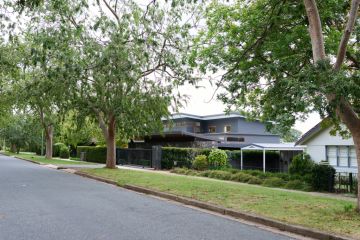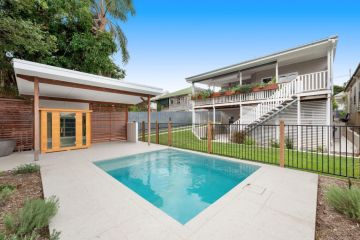Baby boomers: How to choose between renting and downsizing

I’m a widow in my early 60s. I’m selling my home to free up some much-needed cash – I’ve been a stay-at-home mum so I don’t work and I have no super. Should I downsize and buy a unit or just rent instead?
It’s hard in any situation to lose a partner, but life can become even more difficult when that person was in charge of the finances.
The remaining partner is then forced to navigate the financial mire, which isn’t easy, especially for the inexperienced.
Setting up and organising your finances is something that requires time and meticulous planning.
If you haven’t already, I’d suggest you go back to the basics. Come up with a budget listing your income and expenses and go through your expenses with a fine-tooth comb to see where you can make any savings, such as shopping around for cheaper deals on your insurances or electricity. If you need extra income, consider selling items around your home that you no longer need, as well as your home itself, to give you a cash injection.
When it comes to whether you should buy a unit or rent, it’s hard to make generalisations without knowing your exact financial circumstances, but if you can afford to buy a unit outright with the proceeds from the sale of your home then this is the better option.
It will make life easier for you as you get older, as you won’t have the ongoing expense of weekly rent. If you receive the age pension once you turn 65 it won’t be much to live off, with the maximum basic rate currently about $400 for a single, so any major costs you can eliminate will help. And remember, your family home is exempt from the eligibility means test.
If you can’t afford to buy a unit outright it may be better to rent and invest some spare cash from the sale of your home instead to generate a return.
 It might be worthwhile considering renting a room in a share house with someone in a similar position. Photo: Rob Homer
It might be worthwhile considering renting a room in a share house with someone in a similar position. Photo: Rob Homer
The first reason for this it that it will be tricky trying to get a mortgage, as you’ll have to satisfy the bank’s lending criteria in terms of both age and income.
If you can secure a mortgage, you’ll then need to weigh up the cost of owning with the cost of renting, and determine what you can afford over the long term. Remember there are more costs involved with owning, as you’ll have to make repayments as well as paying bills such as council rates, building and contents insurance and utilities, whereas for renting it’s usually just the rent, contents insurance and electricity, and you’ll only have to pay water in a unit if the property is individually metered.
If you buy carefully, a unit might appreciate in value so you could sell it later if you can no longer afford it, but the costs involved could wipe out any profit and leave you back at square one.
It might even be worthwhile considering renting a room in a share house with someone in a similar position, which would reduce your living expenses while also providing you with company.
If you buy a unit you could also consider renting a room for extra income, but remember this will be taxable income, and could also affect any government payments you might receive. It would also make the property subject to capital gains tax when it’s sold.
You could also consider living with one of your children, depending on their age and life stage. More households are becoming multigenerational, with several generations living under the one roof for financial reasons.
You could even invest some money into a home for one of your offspring in return for being able to live under the same roof. Perhaps they could buy a property with a granny flat for you. If they have kids of their own I have no doubt they’ll find it handy to have Grandma around!
There are many options to consider, so it’s best to seek personalised finance advice from a qualified professional before acting.
We recommend
States
Capital Cities
Capital Cities - Rentals
Popular Areas
Allhomes
More










